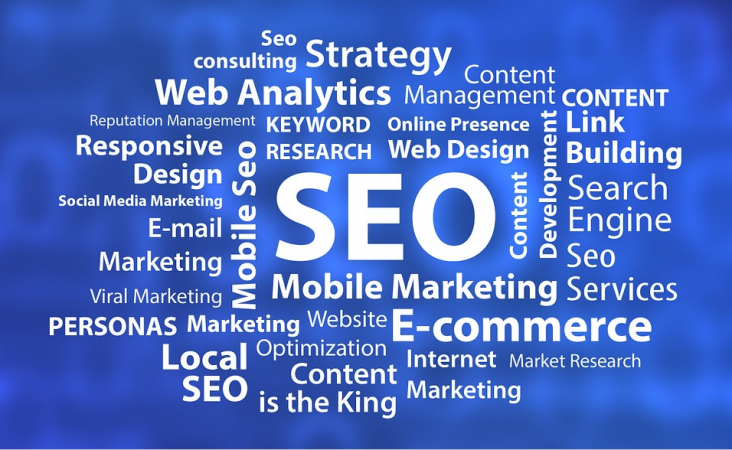Your event deserves to have a killer promotion plan. But it’s not always easy to know where to start. Your marketing plan should begin right when event planning begins. The two go hand in hand. After all, without a great promotion strategy, no one will know about your event. So, how do you do it? We’ve created a basic event marketing plan template below to help you get started. Fill it out to create the best marketing plan yet!
Know Your Event
The first step in your event planning is understanding your event and its purpose. That includes your event type, whether in-person, virtual, or hybrid. From there, you can focus in on the details such as event name, theme, tagline, and color scheme. This event breakdown will serve as the blueprint for your event marketing plan.
Fill Out the Basics
- Event Name
- Event Purpose
- Theme
- Tagline
- Color Scheme
Your Event Website is Home Base

There are few events that can get away with not having an event website. If you’re not sure if you need a marketing website or a registration website for your event, read our Event Basics Guide. Your event website will be the primary touchpoint you have with potential attendees. It needs to contain key information and convince attendees to register.
Keep Track of the Basics
- Time and Date
- Location
- Cost
- Call to Action
- URL
- FAQs
Plan Promotions and Discounts
More than likely, you’ll create offers to entice attendees to register. These could be small promotions or large, time-based or relationship-based. First, look at the cost of your event. Is it especially high? An early bird discount can be a great way to get attendees with a tighter budget (and great planning skills) to register.
What Will You Run?
- Early Bird Promotion
- Returning Attendee Promotion
- Regular Promotion
- Last Chance Promotion
- Flash Discounts
- Sponsorship Promotion
Create an Email Marketing Plan That Doesn’t Irritate Potential Attendees
Email marketing is a key part of all promotion plans. If you aren’t using an email marketing tool, find one quickly! They make it easier to design and automate emails. When planning, don’t overdo it. If you create a great, attention-grabbing subject line you’ll get those open, but if you spam attendees they’ll unsubscribe.
Breakdown of Email Marketing
- Email Marketing Tool
- Frequency
- Specific Emails Being Sent
- Triggered Emails
You Can’t Avoid Using Social Media

In terms of free promotion, social media is one of the best tools. If you have a presence on all platforms, then you’ll want to promote on all of them. However, if your demographic trends towards using Instagram, don’t feel the need to promote your event on every platform.
Where Will You Promote?
Social Media Basics
- Hashtag
- How often a week will you post
- Any vendors or speakers to tag
Paid Digital Promotion
It’s easy to use primarily free modes of promotion for your event, but paid promotion is still extremely effective. It all comes down to how much money you have in the budget. If your event has a large budget and is targeting a wider demographic, paid ads might be a great option.
A Few Basic Questions
- What is your budget?
- How many impressions do you hope to get?
- Print, digital, commercials?
- Consider other forms of promotion - direct mail, calls, etc.?
Additional Promotion
Influencers, blog posts, and word of mouth can be incredible ways to market your event. Really, there are endless methods of promotion you could you. It all comes down to your event. Do some research and brainstorm – you might come up with something great.
Don’t Forget About Sponsors
Not only are you marketing to attendees, but you need to be able to market to potential sponsors. After all, they’ll be key to defraying costs and gaining more interest. Work out clear sponsorship packages that can be conveyed easily, but also be ready to be flexible. Almost any sponsor is a good sponsor!
Virtual Event Marketing
Without the stress of travel expenses and time, virtual events have the potential to attract even more attendees than your in-person events. The key is to make sure that you market your virtual event effectively. There are a few things to focus on in terms of virtual event marketing. If you have partners in the industry, have them share the news. Send emails to potential attendees early, and make the registration link easily accessible in the email so they are encouraged to sign up. Finally, utilize all of your social media networks to spread the word. To put your plan into action, you need the right tools for the job. Find a virtual event platform that integrates with the rest of your event tech and delivers the data you need.
Conclusion
Some of your event marketing plans will come down to trial and error. Plan what you can and be ready when opportunities present themselves. This event marketing plan template is a basic guide. There are so many more facets that could be added, but hopefully, it will give you a great starting point.
Read our event marketing guide for more tips on event marketing.






